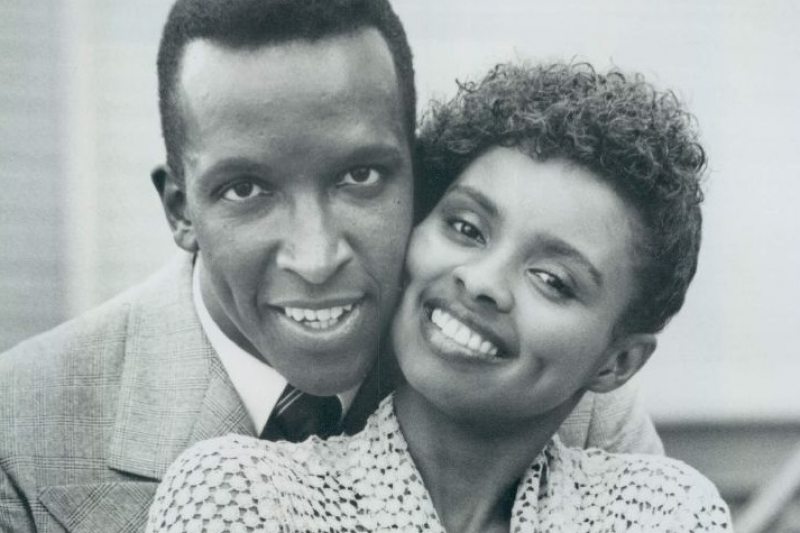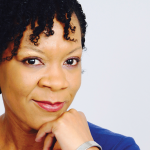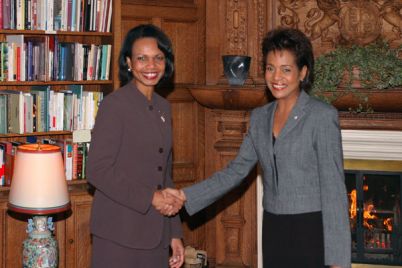Actress Deborah Ann Morgan with Dorian Harewood in ‘The Jesse Owens Story,’ 1984. [Photo: Public Domain]
BY KEISHA BELL | Visionary Brief
If your life was a movie, would you be happy with your role? Are you aware of how others see you? It is easy not to care, but what are the effects when you don’t? The truth is, not everyone will see you the same. Still, at your root, are you mindful of your portrayal?
Meet Deborah Ann Morgan, an actress who became a de facto symbol for the possibilities for black women in the 1980s and 1990s because all of her soap opera roles during that time involved her playing a successful doctor. In 1989, Morgan made history by becoming the first African-American to win the Daytime Emmy Award for Outstanding Supporting Actress in a Drama Series.
Born Sept. 20, 1956, in Dunn, N.C., many know Morgan for her role as Angie Baxter-Hubbard on the soap opera “All My Children.” Others may know her for her role on “Charmed” as the seer or from her critically acclaim performance as Mozelle Batiste-Delacroix in the 1997 film “Eve’s Bayou.” For this film role, she won a Chicago Film Critics Association Award and an Independent Spirit Award and was nominated for an Image Award.
Morgan’s earliest movie appearance dates back to 1971, and her earliest reoccurring role on television began in 1976. All of her portrayals, however, have not been thought of as roles to which to aspire. Early in her career, Morgan did a guest-starring role on “The White Shadow,” in which she played an ex-girlfriend turned prostitute. Just as in real life, Morgan showed range. People have challenges.
Viewers across the country loved the soap opera “All My Children.” Its character Erica Kane brought great fanfare, but it was the relationship between Morgan’s character, Angie Baxter-Hubbard, and Jesse Hubbard (played by Darnell Williams) that won the hearts of many black viewers.
These two became the first African-American “super couple” on the daytime series. Can you imagine the impact of turning on the television in the 80s and seeing someone who looks like you in a loving relationship with someone who looks like you, even in the midst of the theatrics of a soap opera?
Hence, when Morgan became the first African-American to win the Daytime Emmy Award for Outstanding Supporting Actress in a Drama Series for the role of Angie Baxter-Hubbard, it helped to amplify the possibility of what could be achieved in a place where it had never been done. Morgan epitomizes what happens when one is mindful of her portrayal.
Wanting to continue to develop as an actress, Morgan continued to turn heads. She left “All My Children” to play another role in another soap opera. She then played Angie Hubbard again, but this time on ABC’s “Loving” in 1991 and then again on “The City” in 1995. Morgan is one of the few performers to portray the same character on three different soap operas.
Morgan has an extensive career in both film and television. She dared to dream and pursue her goals, all the while being mindful of her portrayal. As a result, others believed in the possibility. It can only help to be mindful of your portrayal. Have you ever considered it?
Keisha Bell is an attorney, author, and public servant. www.emergingfree.com







